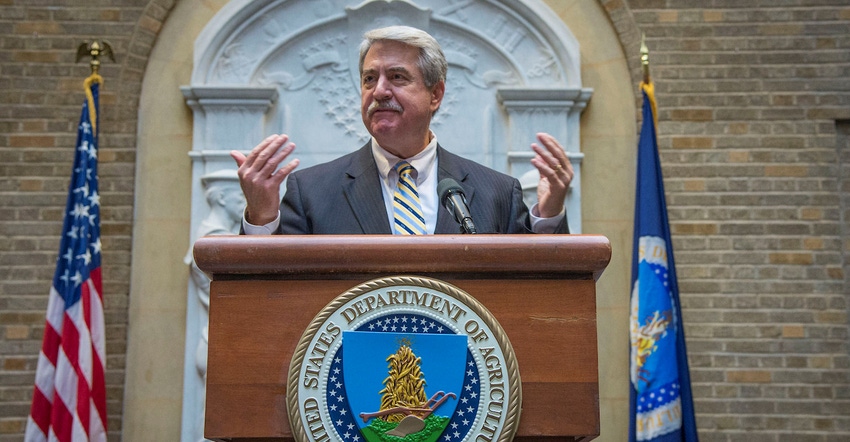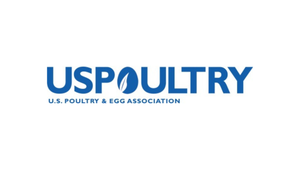Japan would like to see U.S. "back into the fold" of TPP countries.

U.S. Department of Agriculture undersecretary for trade and foreign agricultural affairs Ted McKinney recently spent two days in Japan and said he remains bullish on the optimism for trade with Japan. While there, he spent time at the large regional food trade show and continued to build relationships with those in Japan.
He said he heard many times about the importance of the trading relationship between the U.S. and Japan and genuinely “how important each market is to each other.”
However, he did say he was reminded by the contacts in Japan that the U.S. would be at a competitive disadvantage to other countries that have now signed onto the Trans-Pacific Partnership (TPP) agreement.
McKinney said they were courteous to remind him of the fact the U.S. is not in TPP but were “not in my face,” which he said he appreciated. “I acknowledge we do understand the stakes,” he said of not being part of the lucrative, multilateral trade deal designed to lower tariff barriers.
“They want U.S. products,” McKinney said about Japan, echoing the call the President and Vice President have made in seeking a bilateral trade deal with Japan. He also said he would support the U.S. rejoining TPP-11 to make it TPP-12 should that be the decision the President and others would like to make.
Japan "would love for us to come back into the fold,” McKinney said, but explained that it may take some time to get that settled.
Japan recently indicated that it will reduce its safeguard quotas on imports of U.S. beef at the end of the month. McKinney said he proactively thanked them for that action and said he would be “very disappointed if it didn’t get lifted” as the Japanese people are an “honorable people.”
McKinney said he continues to be optimistic about the future of U.S. agricultural exports. The quality and trust of the safety in those products “continue to help us win the day,” he said.
Although he did not hear much on the ground about the proposed aluminum and steel tariffs, he said he respected the actions taken to break down some of the barriers around the world, not just specific to Japan. He reiterated that it's “clear some of those barriers have to come down.”
“There might be some great leverage that can come from it,” McKinney said of the steel tariffs. “We must not finish the chapter at the present time but see how it plays out. We’re trying to tell the world we’re serious about fair trade.”
He went on to explain that the U.S. is one of the most open countries in the world when it comes to trade. When problems arise, it naturally will bring bumps along the road.
“The book is not written on ag trade, but we’re going to keep pursuing it,” McKinney said.
About the Author(s)
You May Also Like





